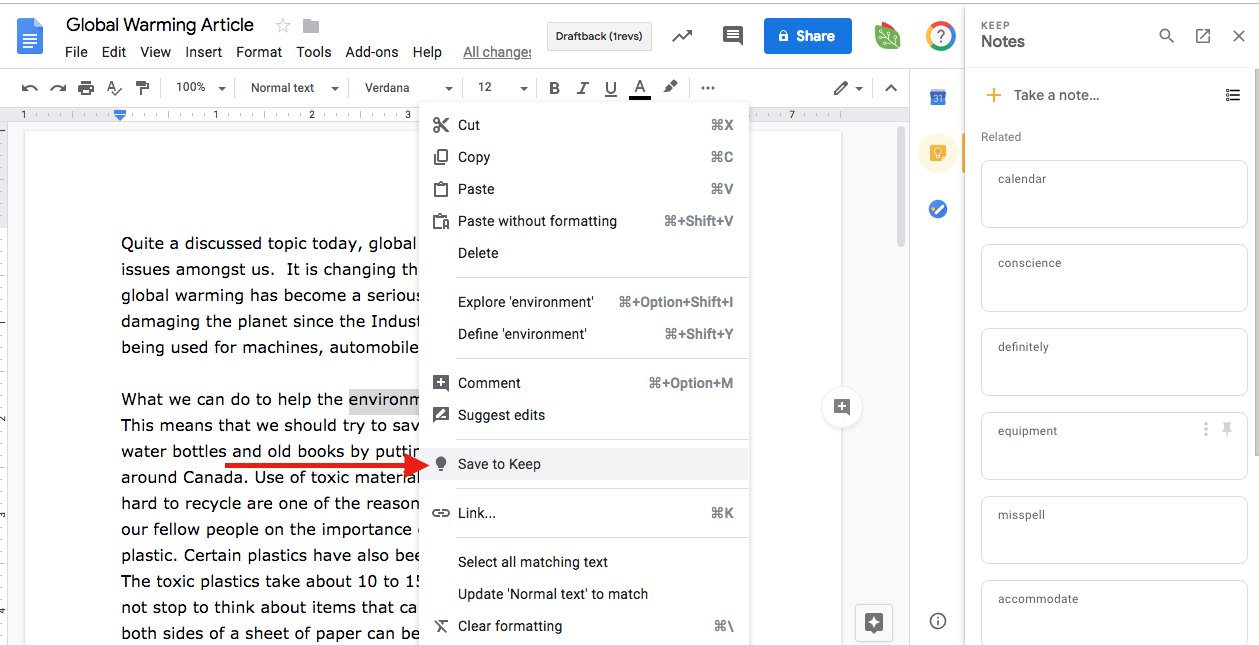

In particular, the lockdowns (stay-at-home orders) that have been put in place in many countries have resulted in restrictions to everyday life, such as home confinement as well as school and work closures. Public health measures to control the spread of the virus have had wide ranging effects. In the UK there were an estimated 43,550 deaths from COVID-19 by June 28 th 2020. The coronavirus disease 2019 (COVID-19) pandemic is the largest acute, global public health emergency of the century with over 500,000 deaths and 10 million people infected worldwide at the time of writing 1. This is an open access article distributed under the terms of the Creative Commons Attribution License, which permits unrestricted use, distribution, and reproduction in any medium, provided the original work is properly cited. The funders had no role in study design, data collection and analysis, decision to publish, or preparation of the manuscript. The views expressed in this Correspondence are those of the authors and not necessarily those of the National Health Service, the National Institute for Health Research, or the Department of Health and Social Care. ĭG is supported by the National Institute for Health Research Biomedical Research Centre at University Hospitals Bristol NHS Foundation Trust and the University of Bristol [IS-BRC-1215-20011).
#Google trends spelling free
Mark Sinyor declares that he has received in-kind assistance from staff at Google Canada in developing a website to deliver a free youth mental health literacy curriculum online.ĪJ is supported by MQ through the Adolescent Mental Health Data Platform. Duleeka Knipe is also supported through the Elizabeth Blackwell Institute for Health Research, University of Bristol. Grant information: This work was supported by the Wellcome Trust through an Institutional Strategic Support Fund Award to the University of Bristol which supports Duleeka Knipe. It has potential to enable policy makers to respond in real time to promote adaptive behaviours and deliver appropriate support.

Conclusions: Google Trends is an expansive dataset which enables the investigation of population-level search activity as a proxy for public concerns. In contrast to relatively stable rates of searches related to mental distress, the topics that demonstrated a sustained increase were those associated with coping and resilience such as exercise and learning new skills. Over time, searches with the most substantial growth were no longer directly or indirectly related to COVID-19. Results: Following lockdown, public concerns - as indexed by relative search trends - were directly related to COVID-19 and practicalities such as ‘furlough’ (paid leave scheme for people in employment) in response to the pandemic. In addition, we examined terms whose search frequency increased most. We explored the changes of specific topics in relation to key dates during the pandemic. Methods: We used Google Trends data ( to ) to explore the changing pattern of public concern in the UK to government measures as indexed by changes in search frequency for topics related to mental distress as well as coping and resilience.

As the situation develops, the impact of these measures on mental health and coping strategies in individuals and the population is unknown. Government intervention to contain the virus focuses on non-pharmacological approaches such as physical distancing/lockdown (stay-at-home orders). Background: The coronavirus disease 2019 (COVID-19) pandemic is the largest acute public health emergency of this century.


 0 kommentar(er)
0 kommentar(er)
